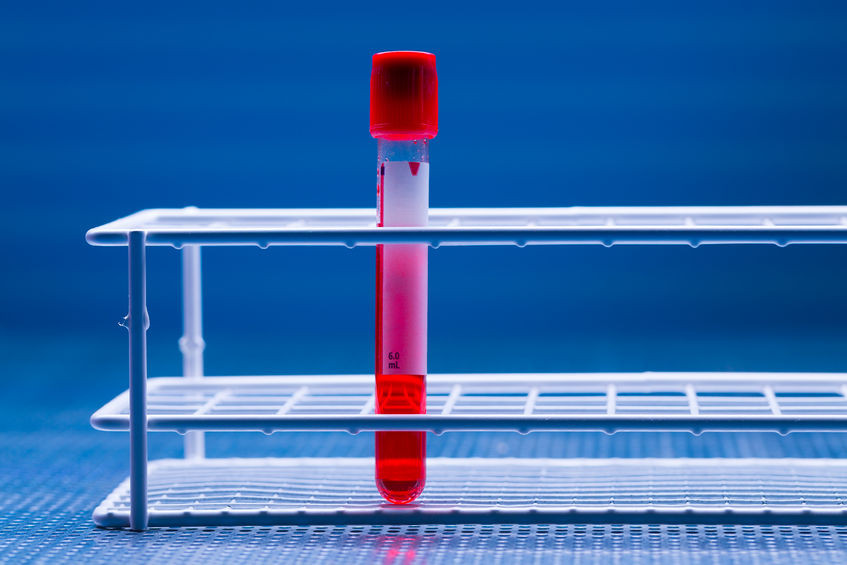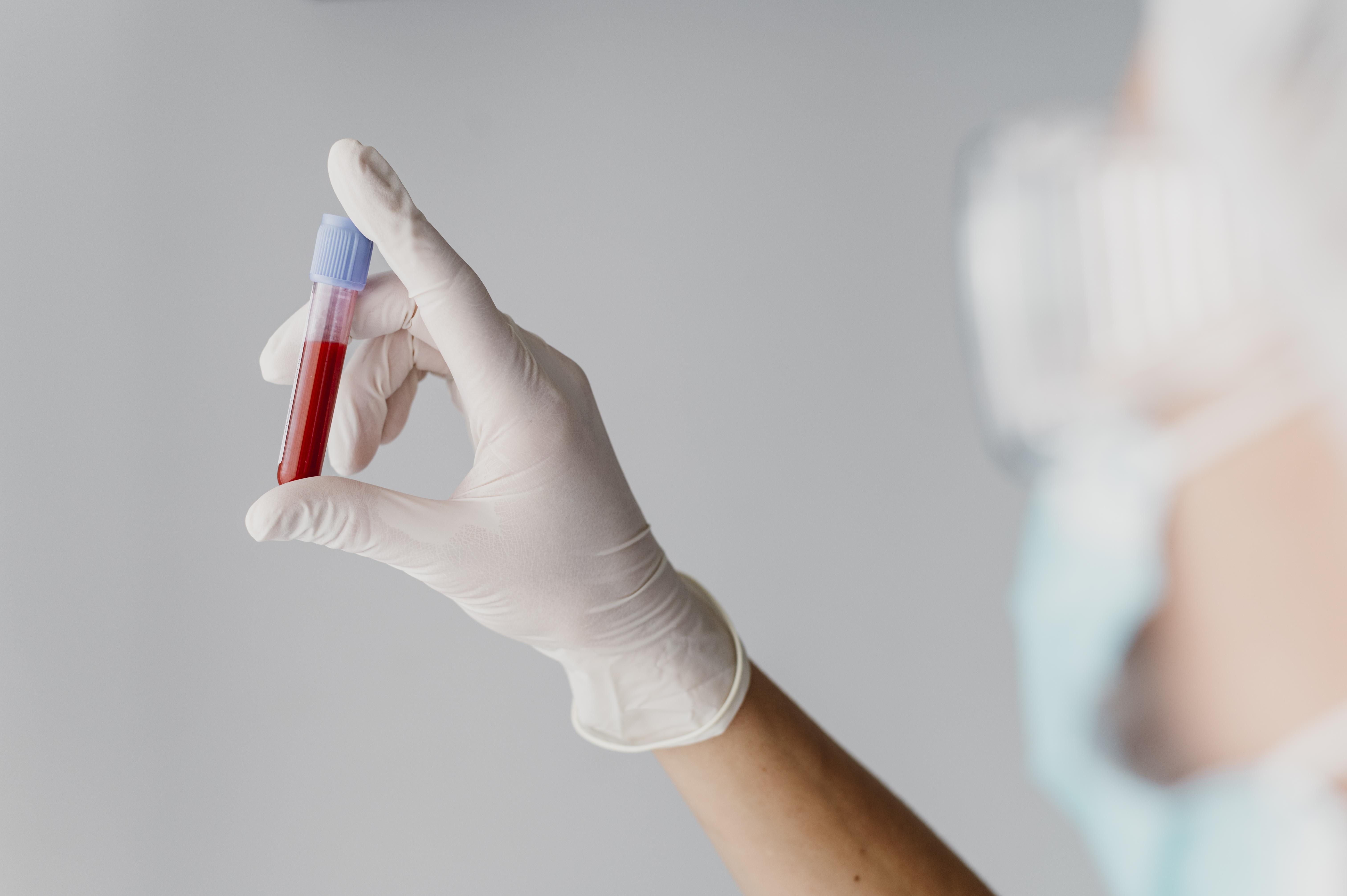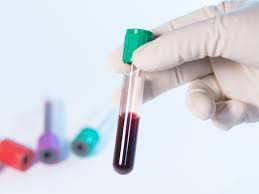Definition
Hepatitis B is an inflammatory liver disease brought on by HBV infection. Hepatitis B testing yields information regarding a present or previous infection with the hepatitis B virus.
Total anti-HBc, or Anti-Hepatitis B core total antibodies serve as the most reliable indicator for confirming previous contact with the hepatitis B virus (HBV). The detection of total anti-HBc implies a past or current infection with the hepatitis B virus, without specifying the exact time range.
The presence of total anti-HBc, which includes both IgM and IgG antibodies, is detected early in the development of symptoms in acute hepatitis B and remains detectable throughout a person's lifetime. Anti-HBc testing does not provide a means to distinguish between acute and chronic cases of hepatitis B infection.
Individuals who possess immunity to hepatitis B as a result of vaccination do not produce antibodies against the hepatitis B core antigen (anti-HBc). Presence of Anti-HBc in vaccinated persons indicates prior HBV infection, unless they were infected before vaccination.
We also have an article on hepatitis B which you can read here: Hepatitis B - Definition, Risk Factors and Management.
Indications
The following are the testing indications for total anti-HBc:
- Confirming previous/current HBV infection
- Follow-up for acute hepatitis B
- Screening for chronic hepatitis of unknown origin
- Screening for previous exposure to hepatitis of unknown origin
Contraindication
There are no individuals for whom it is advised against to check their total anti-HBc; everyone is eligible to undergo blood tests for monitoring total anti-HBc in their bodies.
Preparations Prior to Test
Prior to total anti-HBc testing, no additional preparation is necessary. It is crucial for you to inform your doctor about all the medications you are currently taking, including both prescribed and non-prescribed medicines.
Test Procedures
Total anti-HBc testing is commonly ordered by a physician and conducted in a hospital, laboratory, or other healthcare facilities. To undergo this test, a healthcare expert will obtain a blood sample.
In laboratory-based testing, your blood sample is taken from a vein in your arm by using a small needle. Following the insertion of the needle, a small amount of blood will be gathered into a vial or test tube. You may have a slight sensation of discomfort when the needle is inserted or removed. Typically, this process requires less than five minutes. Once your blood is obtained, the specimen is dispatched to a laboratory to be evaluated.
Normal And Abnormal Values
The reference value in this test is non-reactive or negative. A negative, non-reactive or normal test result indicates the absence of a hepatitis infection. Meanwhile, a positive, reactive or abnormal test result may indicate that you currently have an acute or chronic hepatitis infection or have had an infection in the past.
Results and Suggestions (Follow-Up Tests)
To aid in diagnosis and disease staging, it is recommended to interpret the results alongside the patient's medical history and other hepatitis markers for identifying acute or chronic infection.
Negative result of total anti-HBc test indicates that there has been no exposure to the hepatitis B virus and there is no evidence of recent, past/resolved, or chronic hepatitis B infection. An inconclusive outcome indicates the existence of a chemical or substance that is causing interference in the patient's serum specimen.
Meanwhile, a positive result suggests the presence of acute, chronic, or previously resolved hepatitis B. The presence of anti-HBc antibodies can be detected forever even after the disappearance of anti-HBc IgM. For certain individuals, the presence of anti-HBc may serve as the sole serological marker for identifying previous infection in patients with chronically inactive HBV.
Positive test results should be compared with the presence of additional hepatitis B virus serologic markers, increased liver enzymes, clinical signs and symptoms, and a history of hepatitis B risk factors in order to establish a correlation. Testing for another hepatitis marker, anti-HBc IgM, is important to confirm an acute or recent infection if it is clinically appropriate.
Presented is a chart displaying the most common interpretation of the test results, but uncommon outcomes may arise. Kindly be aware that this chart does not serve as medical advice. Therefore, it is imperative that you consult your healthcare professional for a comprehensive explanation.
|
Type of Test |
Test Results |
Information |
|
HBsAg Total anti-HBc Anti-HBs |
Negative Negative Negative |
Vulnerable to infection, never infected (if there is no documentation that indicates they have completed hepatitis B vaccination) |
|
HBsAG Total Anti-HBc Anti-HBs |
Negative Positive Positive |
Resolved infection |
|
HBsAG Total Anti-HBc Anti-HBs |
Negative Negative Positive |
Obtain immunity through complete hepatitis B vaccination |
|
HBsAG Total Anti-HBc Anti-HBs |
Negative Positive Negative |
Need to be re-tested or there are some possible interpretations: 1. Treated illness in which the levels of anti-HBs have decreased 2. Occult infection 3. The patient is susceptible due to a false positive result 4. A variant of the HBsAg strain that cannot be detected through laboratory testing. |
|
HBsAG Total Anti-HBc IgM Anti-HBc Anti-HBs |
Positive Positive Positive Negative |
Acute infection |
|
HBsAG Total Anti-HBc IgM Anti-HBc Anti-HBs |
Positive Positive Negative Negative |
Chronic infection |
Consult to The Right Doctor
Hepatitis B testing serves various objectives. Deciphering the outcomes of these tests is intricate and frequently assessed in conjunction with other tests. Therefore, it is crucial to consult a physician or an internal medicine specialist to comprehend the test results on your condition.
Interested in knowing more information regarding laboratory, radiology, and other examination results? Click here!
- dr Hanifa Rahma
Anti-HBc Total (Anti-Hepatitis B Core Total Antibodies). (2022). Retrieved 08 September 2022, from https://publichealthlab.ca/reportingname/anti-hbc-total-anti-hepatitis-b-core-total-antibodies/
Interpretation of Hepatitis B Serologic. (2022). Retrieved 05 September 2022, from https://www.cdc.gov/hepatitis/hbv/pdfs/serologicchartv8.pdf
Understanding your Test Result. (2022). Retrieved 09 September 2022, from https://www.hepb.org/prevention-and-diagnosis/diagnosis/understanding-your-test-results/
Hepatitis B. (2020). Retrieved 05 September 2022, from https://www.webmd.com/hepatitis/digestive-diseases-hepatitis-b
Hepatitis B. (2022). Retrieved 05 September 2022, from https://www.healthline.com/health/hepatitis-b#fa-qs
Hepatitis B Testing. (2022). Retrieved 05 September 2022, from https://www.testing.com/tests/hepatitis-b-test/
Hepatitis Panel. (2022). Retrieved 05 September 2022, from https://medlineplus.gov/lab-tests/hepatitis-panel/
HBC. (2022). Retrieved 08 September 2022, from https://www.mayocliniclabs.com/test-catalog/Overview/8347












